Activate Fellows on Hiring, Company Culture, and Open Roles
July 8, 2021
Activate helps scientists develop as leaders, mature their ideas, and learn what it takes to build a viable, scalable business.
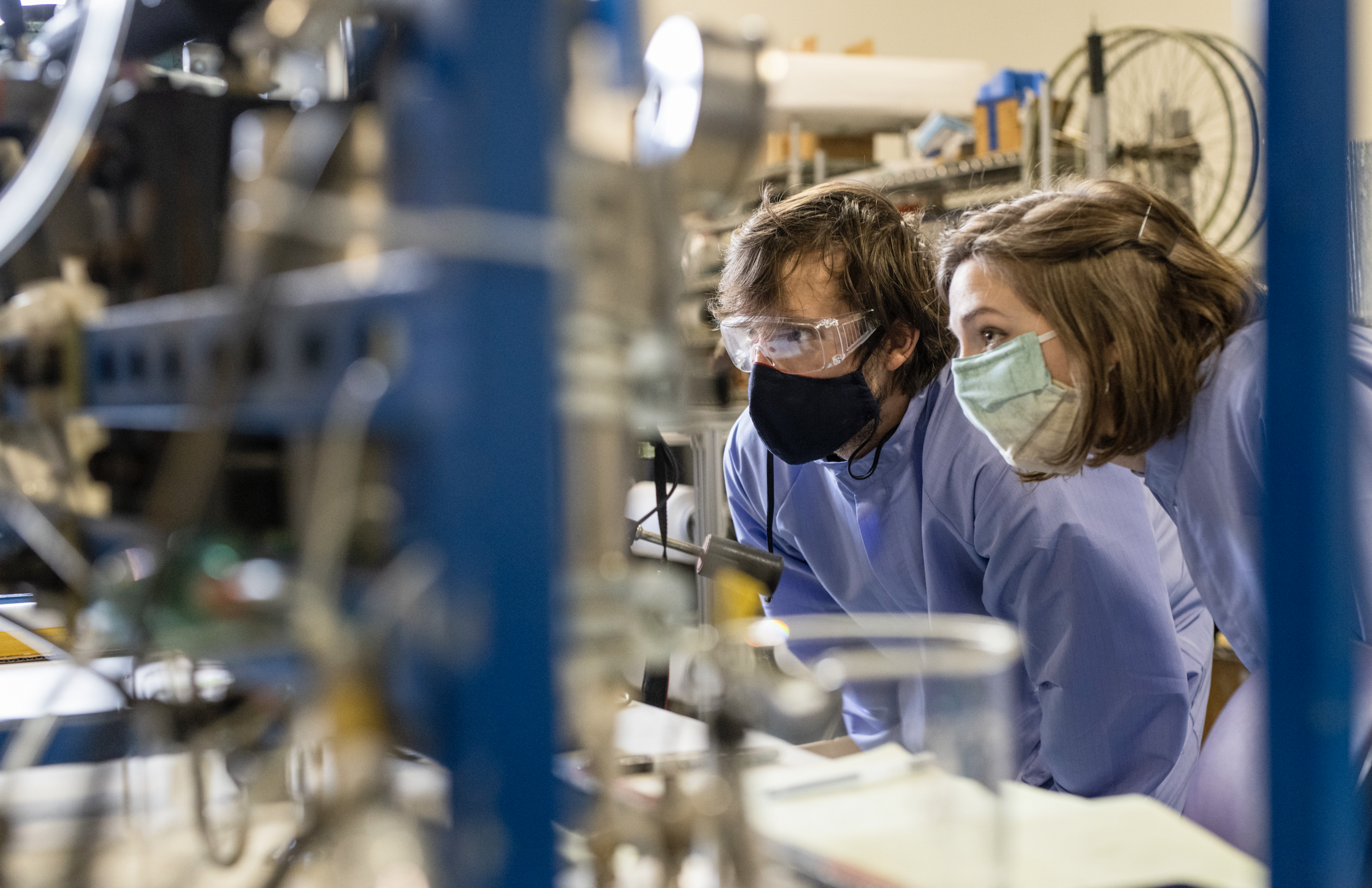
AeroShield co-founders Kyle Wilke and Elise Strobach, Cohort 2020
Science Innovation X Job Creation
Check out our July hiring features:
Strategic growth and healthy company culture are regular topics of discussion within the Activate community. But how does a science innovator become an effective hiring manager? What recruitment challenges and opportunities are unique to scientists and engineers in a competitive job market? And what does it take to foster a company culture where employees can thrive as an organization scales? Activate Fellows learn business concepts, hear from industry leaders, attend skill development workshops, and learn from other fellows and alumni how entrepreneurs can succeed as employers.
Activate Fellows and alumni Brendan Smith, Etosha Cave, Grayson Zulauf, Elise Strobach, Christina Boville, Vince Romanin, and Ryan Pearson—all of whom are actively hiring for a broad array of positions at their companies—recently shared their reflections and goals on recruitment, values, and how Activate has supported their professional development and the growth of their organizations.
Lisa Tomlinson, chief people and inclusion officer at Activate, also provided her expert advice and perspective on how fellows can attract strong talent in an extremely competitive job market.
What was the first hire you made at your company? What was significant about the timing?
Brendan Smith, SiTration: The first hire we are making is an R&D manager. This person will be critical in helping to build our team culture, as well as managing day-to-day technical development efforts and contributing to thought leadership.
“There is a lot of value in sourcing your candidate pool both from your existing network, and also making a concerted effort to attract applicants from outside of it. ”
Christina Boville, Aralez Bio: We were pushing hard to reach pilot scale with our amino acid platform, and the biggest bottleneck was access to sufficient quantities of enzyme. Our first hire was a fermentation engineer with complementary technical skills who was able to increase our protein titers 10-fold and help us reach our goals. My co-founder and I considered other options, like working with a CMO or learning to do fermentation ourselves, but in a startup, both time and money are at a premium, so teaming up with an expert was the best way to get the job done!
Vince Romanin, Gradient: Our first hire was a recently graduated mechanical engineer, Grace. Every first hire is different, but we already had a small founding team of scientists and researchers and had just gotten a bit of cash, and we needed someone who was scrappy, creative, hands-on and had a strong sense of customer empathy. We found all that and more in Grace, who had experience at JPL, an air quality tracking startup, and building a text-to-braille converter device. This was a bit of everything we were looking for: core engineering expertise plus experience designing products that were thoughtfully focused on making people’s lives better.
What advice would you share with Activate Fellows or other first-time founders who are making initial, strategic hires?
Brendan Smith: There is a lot of value in sourcing your candidate pool both from your existing network, and also making a concerted effort to attract applicants from outside of it. And designing your process to track the diversity of the pool at each stage can be very helpful in understanding how you can improve. Finally, do not assume that it will be a quick and painless process. It will most likely take months to identify a subset of great fits, and the best candidates may have multiple offers on the table.

Etosha Cave
Etosha Cave, Twelve: Build a clear and concise narrative of what this person will do and what experience they need to have. Then share that narrative widely with friends, colleagues, investors, clients—anyone who wants you to win. Founders need to take a high-touch approach to the interview process and try to make every person excited to join your company by delivering a strong employee value proposition.
Grayson Zulauf, Resonant Link: The company has to work for your employees. Your employees are taking a big bet on you, so pay them back by helping them grow towards their own dreams.
Christina Boville: I think the human element is too often downplayed during hiring in favor of educational or technical accolades. While those are important, it’s even more important to have someone who sees the problem and wants to tackle it with you; someone who can support their teammates when things go wrong; someone you’re glad to see every day.
Elise Strobach, AeroShield: One of the biggest lessons I’ve learned during my time as an Activate Fellow is that recruitment and team building is more than just filling immediate needs, but a mindset to embrace as we pursue our team’s vision for a sustainable future. As founders, we had to define what was core to our culture before we could ask others if they wanted to help us grow it. As a team, we had to have an honest and open conversation about our strengths and weaknesses, what roles each of us was filling now, and what we wanted our roles to look like in the future. Finally, as individuals, we had to be open to changing aspects of our workflow to welcome new perspectives and experiences.
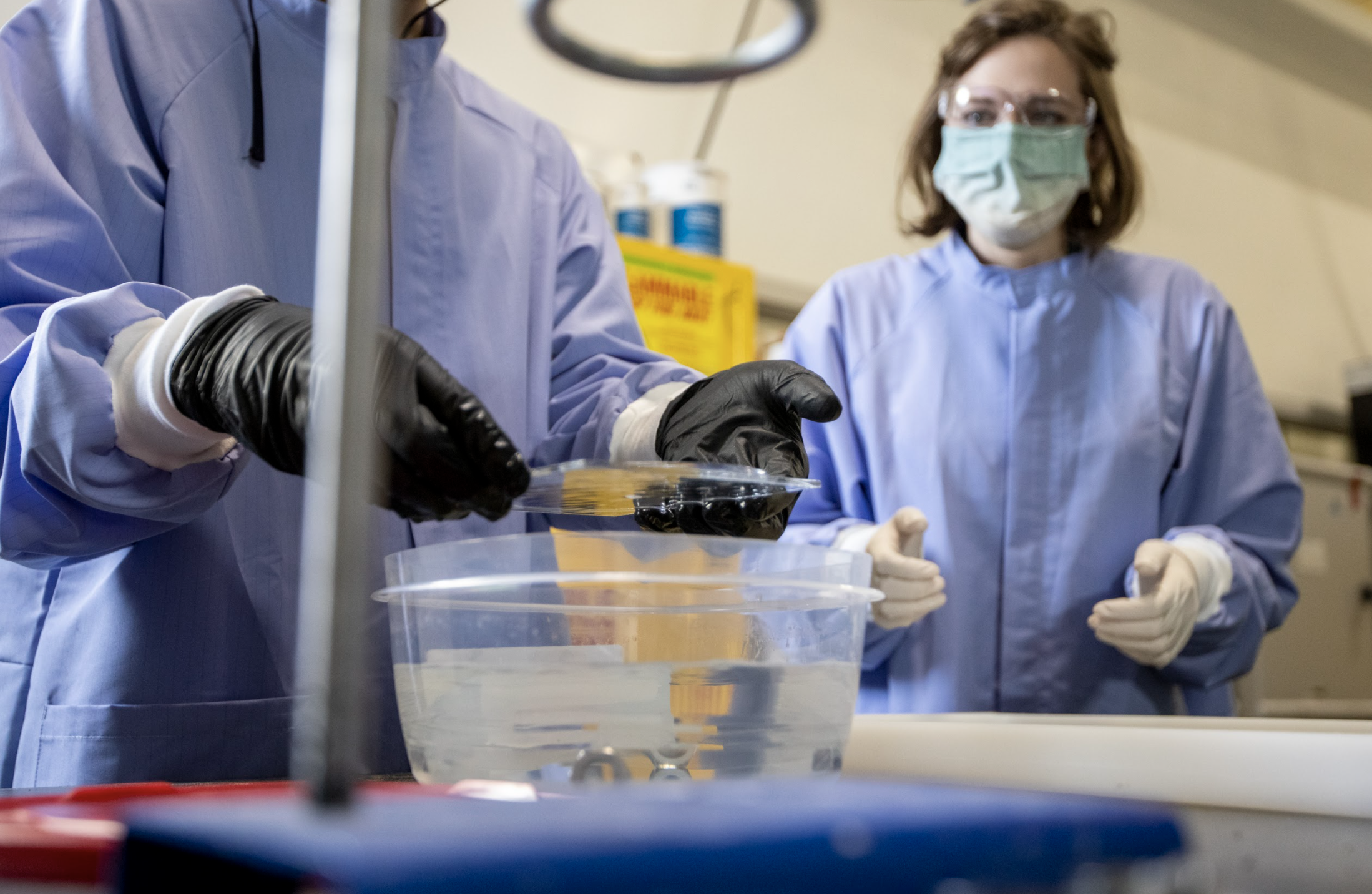
Elise Strobach
Now, we see each new hire as an opportunity to reflect and test our foundation before continuing to build upon it.
Vince Romanin: Aside from the usual check for technical skill and adaptability required for an early-stage startup, I think there's one thing that's especially important for a first hire. Consider the candidate’s ability to bring out the best in others, and bring energy to the company culture. I don't like the term “culture fit” because it’s often used to describe someone who you could “get a beer with.” There’s some value in that but it’s not what’s important, and often results in teams that lack diversity (of race, gender, working style, experience, etc.). What is important with regard to culture is someone whose collaborative style resonates with others and makes the work environment productive and supportive. Will this person help build a culture of feedback? Of accountability? Of technical rigor? Of customer focus? Of trust and respect? Founders should always be intentional architects of their work culture, but the first outside hire is one of the biggest steps that start to solidify that culture, so it’s important to get it right.
“One of the biggest lessons that I’ve learned during my time as an Activate Fellow is that recruitment and team building is more than just filling immediate needs, but a mindset to embrace as we pursue our team’s vision for a sustainable future. ”
Lisa Tomlinson, Activate: In advance of making any hires, take the time to develop a comprehensive roles and responsibilities list. This is not a position description, but a list of the expected areas of accountability. This will assist the founder(s) in identifying the number of positions that they need to fill each of the functional gaps.
If you were going to summarize your current or ideal company culture in three words, what words would you choose?
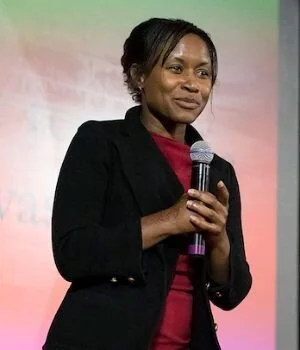
Etosha Cave
Brendan Smith: Empowering, creative, and collaborative.
Etosha Cave: Our three values are: The future is fossil-free, it takes everybody, we can do this.
Christina Boville: Inclusive, collaborative, transparent. (Our unofficial motto: Whenever things go awry we say “we’re learning!” with a healthy mixture of self-deprecation and optimism. In a startup, lots of things are going to go wrong, and that’s ok because we’re learning.)
Lisa Tomlinson: Supportive, respectful, and stimulating.
Can you describe the challenges and strengths of hiring as a scientist/engineer?
Brendan Smith: I think that as a scientist/engineer, you generally let the results and data make the decisions to a large extent. Once you're in charge of hiring and more generally making managerial decisions, there is often a lot less clarity around the best path forward. One way to cope with this is to develop as many great relationships with mentors and advisors as possible and layering your own instincts onto their advice.
Elise Strobach: Coming from a research background, most of my knowledge on hiring and recruitment was learned second-hand from the limited experiences I had in internships and research groups. That meant that I started as CEO with perceptions and biases of which I was not fully aware. I am grateful for the experiences I had finding and working with undergraduates on semester projects because it allowed me to begin understanding the nuances of interviewing and managing technical projects, but I struggled to know how and what to improve when the experiences went poorly (for me and/or the students), and I lacked mentors that could model my style of leadership.
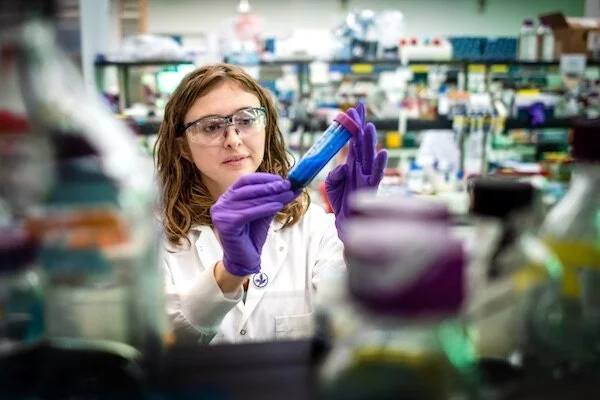
Christina Boville
Christina Boville: In my experience as a technical founder, it’s much easier to make technical hires than non-technical hires. I’ve spent years working on Aralez Bio’s core technology, so I know what skills are needed and how to assess a candidate with those skills. However, there’s a lot of other roles in a company that I have only learned through the Activate School of Trial By Fire. I find it much more challenging to define the role and assess candidates in these non-technical roles because I’m still learning myself.
Vince Romanin: The strength is that if you’re a company founder or technical hiring manager, you’ve probably developed some skills in communicating the importance of your work. This is important for leading/mentoring. Next, hiring managers who have deep knowledge of their domain are always better at leading and mentoring teams than those that haven’t directly done the work themselves. People like to work for managers who they can learn technical skills from.
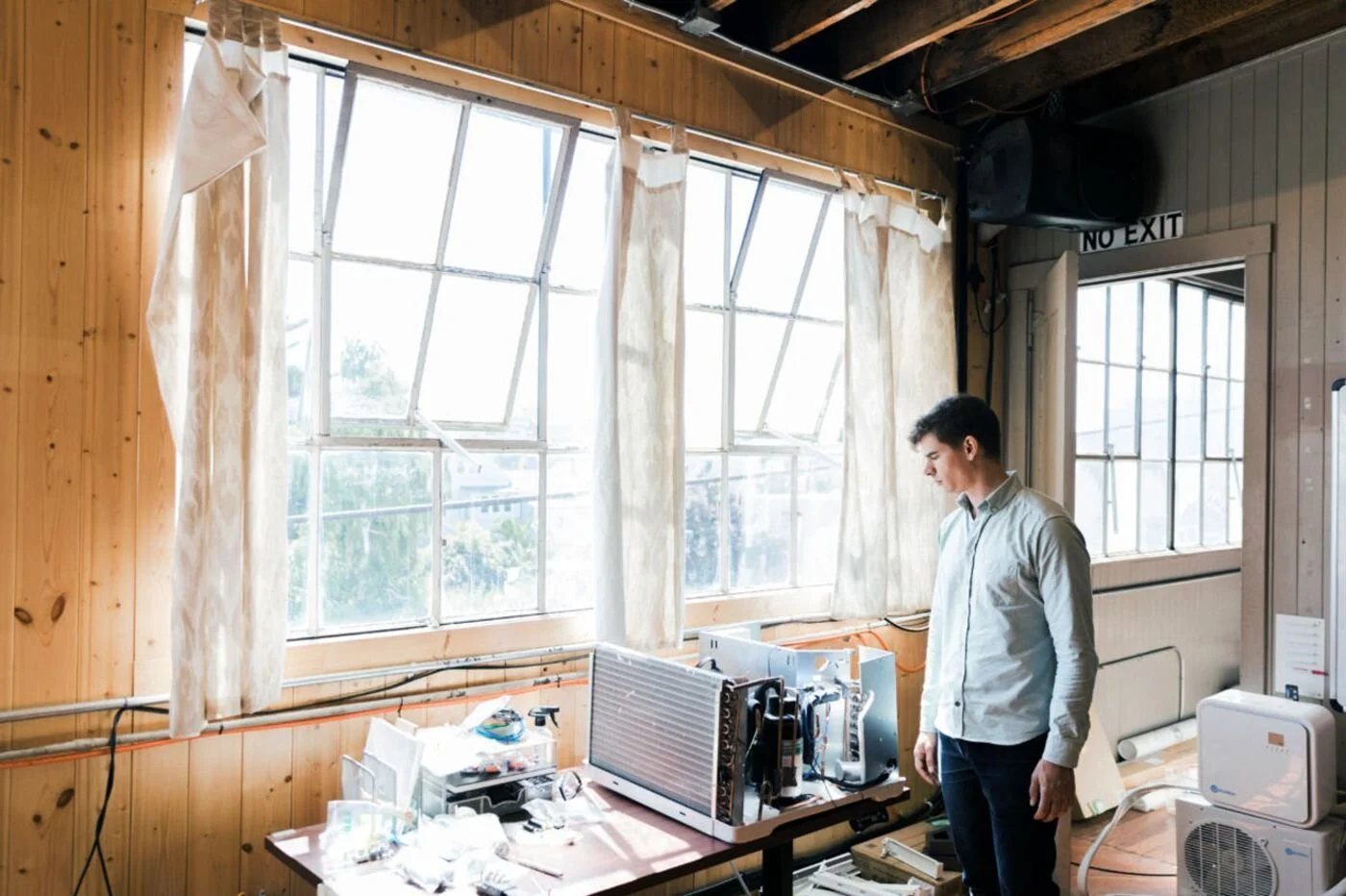
Gradient CEO Vince Romanin looks over a prototype low-carbon air conditioner.
Source: Prime Coalition
The challenges aren’t inherent to being a scientist/engineer, except that technically rigorous environments sometimes don’t require any people/collaboration skills. So, often there has been little filtering for this skill before someone is up for a manager position. Luckily it’s something that can be learned, like anything else, and scientists/engineers are good at humbly starting from scratch to learn a new challenge. At least the good ones are.
Ryan Pearson, Cypris: The biggest difficulty was identifying Who? We were still figuring out our key markets and the associated technical challenges. Finding (and successfully screening for) a candidate that had the technical know-how, ability to adapt to a changing environment, make good independent judgment calls despite ambiguity, and stick to the highest priority goals was difficult. Moving forward we hire slower, post positions in advance of needing them, defining the role and responsibilities better, and utilizing our network more.
“What is important with regard to culture is someone whose collaborative style resonates with others and makes the work environment productive and supportive. ”
Lisa Tomlinson: Due to the competitive job market, each startup founder needs to describe what it is about their company that creates an attractive work environment. They need to be able to address the following questions: How would the affiliation be mutually beneficial? What growth opportunities are available for them? What are the short and long-term plans for the company? And what is the founder's vision for them in that trajectory?
How has Activate or the community of Activate Fellows supported you in developing as a hiring manager and thoughtfully grow your team?
Brendan Smith: The Activate community, including the Activate team members, cohort fellows, and broader network has been instrumental in all facets of getting our operation off the ground. More than anything else, the support with regard to hiring, DEI, and building a company culture has been transformative for us.
Grayson Zulauf: Activate has been invaluable in helping us build a fair, scalable, and thorough hiring process—feedback from Lisa [Tomlinson] and Activate Fellow recruiting advisor Andrew [Deitz] has been incredible.
Elise Strobach: The Activate Fellowship gave me the space and support to take on the role of recruiting for our company—something that would not have been possible if we were always worrying about funding or lack of access to strong advisors. That meant I was able to join a recruiting bootcamp, get assistance from a recruiting advisor, and see other companies going through similar experiences to us. Now, as we seek to improve our process and define metrics for DEI, I have access to an amazing network to provide perspective and advice, and other Activate Fellows, and alumni who are further along, share what they’ve learned. Hiring and recruiting isn’t a daunting task anymore. As a result, we’ve been able to grow our team faster and with amazingly positive results on our company culture!
Vince Romanin: The Activate Fellowship and community has been a huge help in all of these areas and there’s too much to write. The single most important help, though, is finding the trusted friends and mentors who you can call when you’re in a tough situation. For emotional or logistical support—nobody does this alone, not even sole founders.
“More than anything else, [Activate’s] support with regard to hiring, DEI, and building a company culture has been transformative for us. ”
Contributor Hiring Highlights
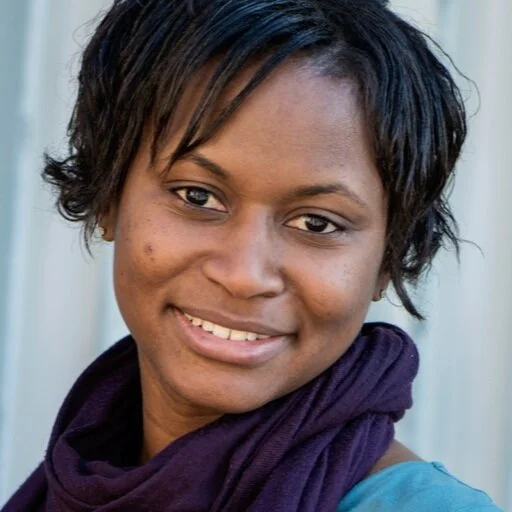
Etosha Cave, CSO, Twelve, Cohort 2015
Twelve - Carbon transformation for a climate positive world
Twelve is a new kind of chemical company built for the climate era. Its breakthrough carbon transformation technology eliminates emissions by turning CO2 into essential products. Reinventing what it means to be a chemical company, Twelve is on a mission to create a climate-positive world and a fossil-free future.
Twelve is hiring.
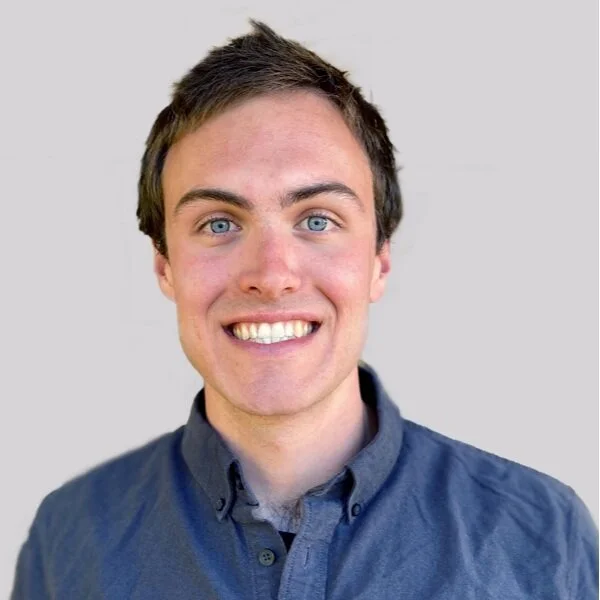
Grayson Zulauf, CEO, Resonant Link, Cohort 2019
Resonant Link - Making wireless power matter
Battery-powered electric motors will underpin our future transportation, delivery, and even manufacturing systems. Resonant Link’s wireless charging technology lays the foundation for powering this revolution in electrification.
Resonant Link is hiring.
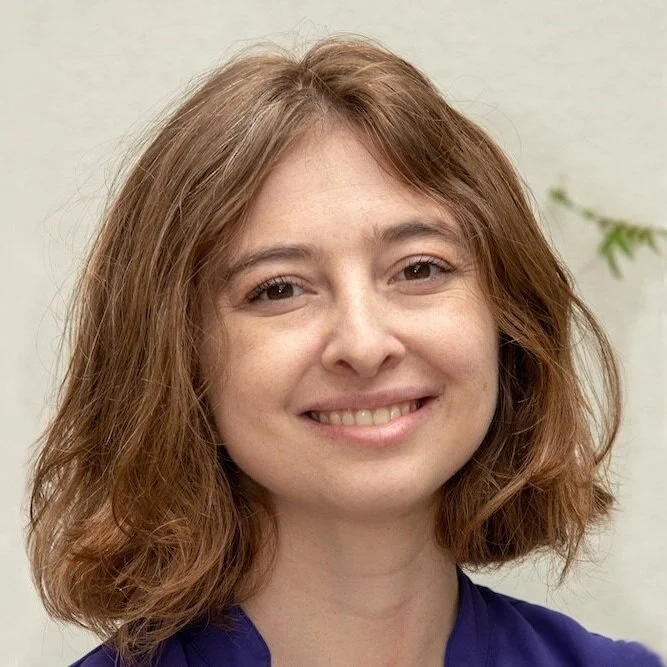
Christina Boville, CEO, Aralez Bio, Cohort 2019
Aralez Bio - Green enzymes for chemical manufacturing
Aralez Bio uses engineered enzymes to make valuable chemical products and to expand the scope of products that can be produced bio-renewably. With directed evolution, it trains enzymes to perform novel chemistry with superb selectivity and efficiency, merging the green character of nature’s biosynthetic mechanisms with the versatility of traditional chemistry.
Aralez Bio is hiring.
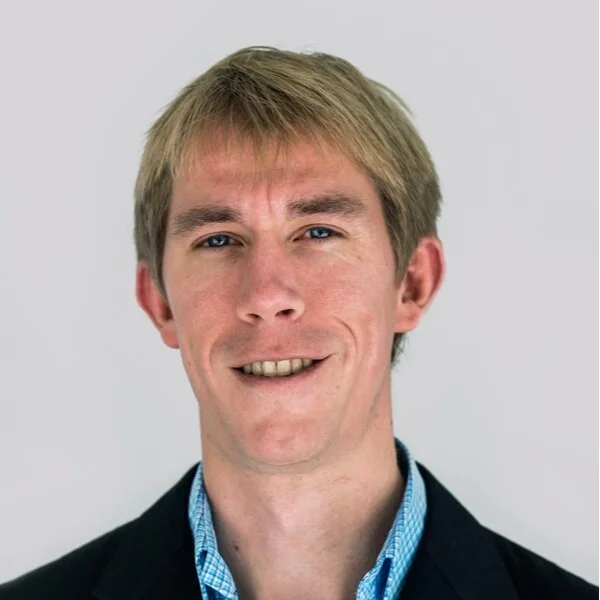
Brendan Smith, CEO, SiTration, Cohort 2020
SiTration - Ultra-durable filtration membranes for energy-efficient industrial separations
The SiTration membrane supports circularity and cuts energy use in challenging industrial separations by combining the low cost, extreme durability, and filtration performance of various state-of-the-art commercial membrane solutions.
SiTration is not currently hiring.
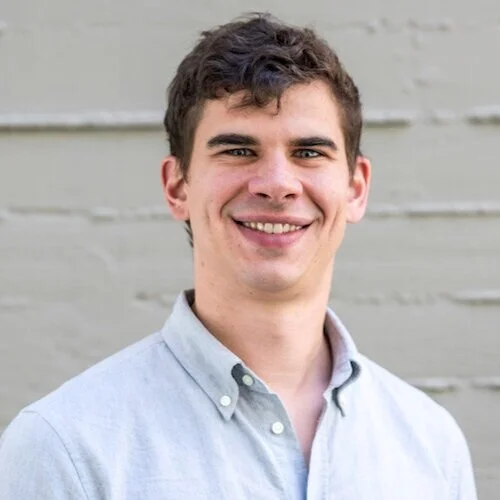
Vince Romanin, CEO, Gradient, Cohort 2017
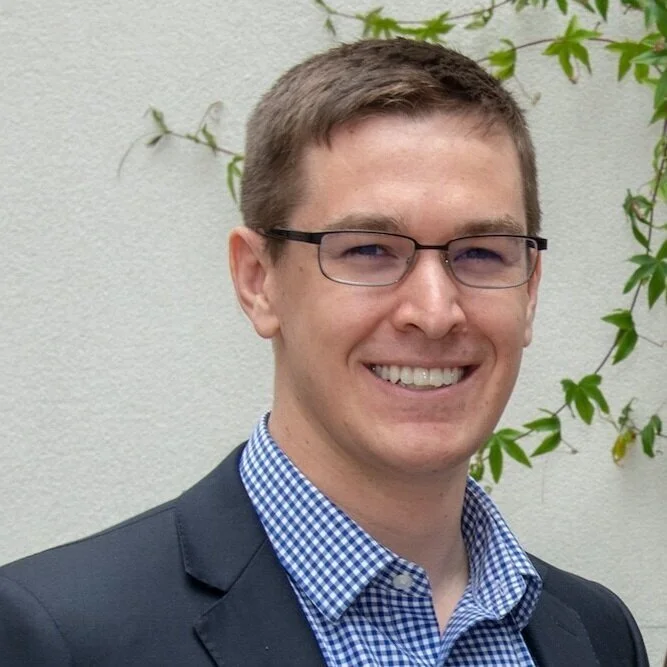
Ryan Pearson, CEO, Cypris Materials, Cohort 2019
Cypris Materials - Paintable optical coatings
Cypris Materials is delivering a new generation of color—improving sustainability and broadening the available color gamut—all without pigments or dyes. Its nature-inspired, paintable, structural color platform uses non-toxic, bio-derived materials to achieve new colors and color effects not achievable through conventional means. Cypris is looking to reshape the use of colors in everything from cosmetics and consumer electronics to packaging and automotive.
Cypris Materials is hiring.
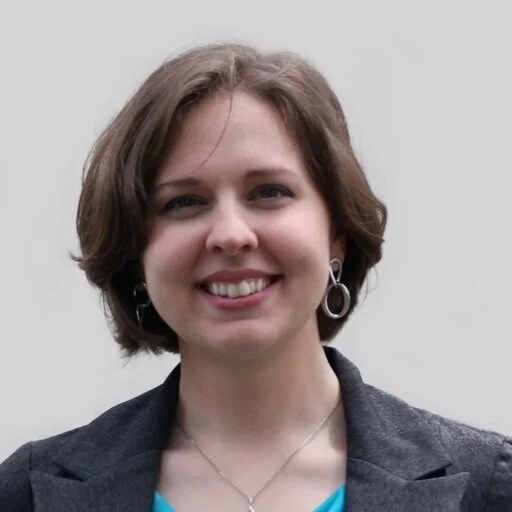
Elise Strobach, CEO, AeroShield Materials, Cohort 2020
AeroShield - Aerogels for affordable, energy-efficient windows
AeroShield Materials’ nanoporous form of glass is one of the most insulating materials in the world. Integrating this material as an alternative to gas-fills in traditional windows offers 50 percent more insulation than traditional windows, but with a payback period up to five times faster than comparable performance products, creating more affordable and efficient buildings.
AeroShield Materials is hiring.
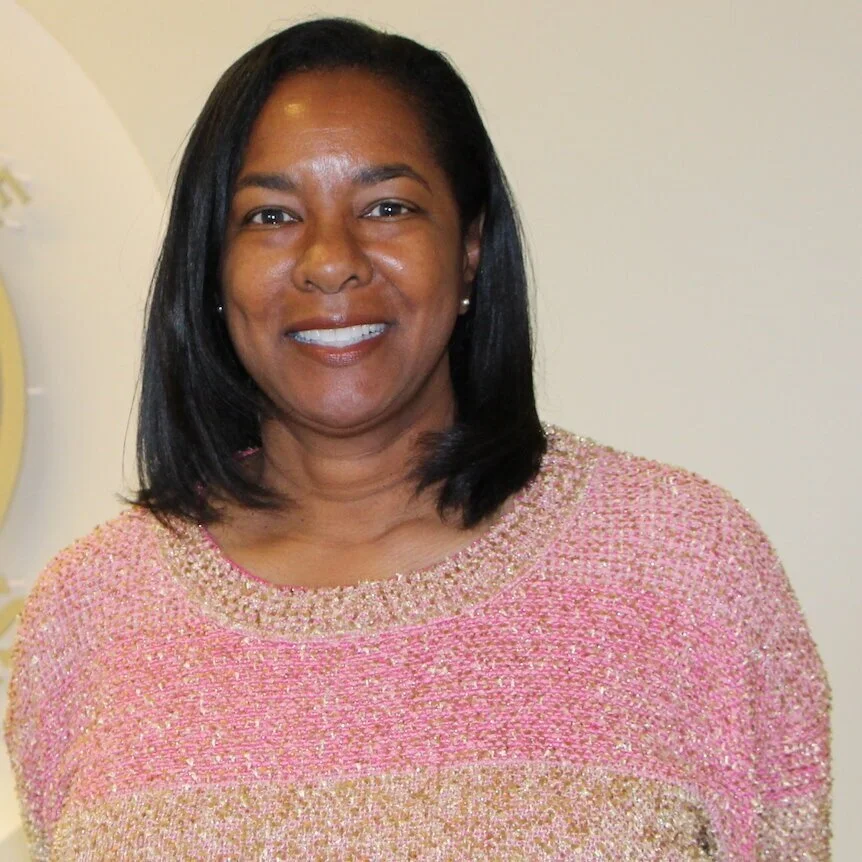
Lisa Tomlinson, Chief People and Inclusion Officer, Activate
Activate - The world needs scientists, now more than ever
Activate empowers scientists to reinvent our world and address climate change by bringing their research to market.
Activate Fellows have launched 74 new companies since 2015. These companies have raised more than $330M in follow-on funding, created more than 300 U.S.-based high-tech jobs, reached scientific breakthroughs, and defined new market categories. Activate supports fellows in Berkeley, CA, Cambridge, MA, and New York, NY with plans to expand to additional locations.
Activate is hiring.
